In a letter to an acquaintance dated April 2, 1899, author Mark Twain wrote, “The dog is a gentleman; I hope to go to his heaven, not man’s.” If you lead a healthy lifestyle that includes diet and exercise, then you probably do not expect to visit either heaven any time soon. The same is true for your dog!
Cesar Millan, otherwise known as the Dog Whisperer, offers the advice on his website that we can encourage our dogs to eat a healthy diet when we make sure they have enough exercise. Dogs that have enough exercise are less likely to leave food in their bowls. Keeping your dog on some kind of a feeding routine can help cut down on the risk of canine constipation.
Signs of Canine Constipation
Constipation is a serious problem. When the bowels fail to eliminate waste, then the entire digestive system backs up and, if it continues long enough, allows toxins to enter our bloodstream. This is true in any species, not just humans. But unlike humans who suffer from the condition, dogs cannot speak to tell you when they are suffering from signs of constipation.
Most healthy dogs have one or two bowel movements per days, depending on things like their age and diet. However even if they go a day or two with no bowel movements at all, then it is not cause for alarm as long as they eventually pass without issue. If your dog goes for more than two days without a bowel movement, then it is time to call the veterinarian for advice.
Canine Constipation and Diet
Sometimes dogs will experience constipation if they have eaten some kind of foreign object, like socks, tennis balls, sticks, or some other indigestible material. This mixes in the colon to form a granite hard mass that prevents feces from passing through. Because dogs will eat just about anything, this is one of the most common causes of canine constipation.
Medication can also cause constipation, as well as some forms of disease like hypothyroidism. But improper diet is another common cause of this gut-wrenching disorder, especially in dogs who have reached middle-age or elderly status. Here are some tips about selecting a proper dog food that can help prevent your dog from developing constipation issues related to diet.
- PROTEIN – This is the most important ingredient in your dog’s diet. Some brand name dog foods are now using non-traditional sources such as venison and buffalo to better mimic the diet of carnivorous, wild dogs. Protein should make up about 40% of a dogs diet.
- AMINO ACIDS – These are found in proteins. If your dog isn’t getting enough protein, then it is not getting enough amino acids as well. Your veterinarian may prescribe supplements or suggest some form of over-the-counter form of supplement to make up the difference.
- CARBS – As with humans, dogs need carbs for energy, good digestive health, and to form proper bowel movements. However if your dog’s food contains more than 40% of some kind of carbohydrates, like soy, rice, wheat, and corn then it could have an adverse reaction.
- FAT – Dogs need a little fat in their diet for energy, a shiny coat, and healthy skin, but too much can cause life-threatening issues in canines. Too much fat can cause mammary gland tumors or even colon cancer while too little can create skin lesions and a dry coat or scaly skin.
- WATER – Water is essential to your dog’s health – just like it is essential to your health! Internal organs need water to stay hydrated. Skin needs water to retain its elasticity. And always serve your dog water in a stainless steel bowl. Water in plastic bowls can absorb toxins from the plastic. When your dog drinks toxic water, those toxins go into his body, which can be fatal.
Dog Treats and Digestion
If you have ever had to deal with a constipated dog then you know that giving him more treats is not the answer. However, there is less issue with dog treats causing constipation than your dog’s primary food source. That is because even if your dog eats raw beef bones, canines have a shorter intestinal tract than humans and acidic stomachs that allow their bodies to digest and pass these treats quickly.
If you aren’t sure about what treats are healthy for your dog, then you could make them in your own kitchen. That way you know what your dog is getting firsthand. You can also add supplements if necessary to tackle things like digestive issues. As always, if you have a question about what your dog can or cannot eat, call your veterinarian for advice. And if your dog eats something he shouldn’t, call your local animal emergency center.
Freelance writer Benjamin Baker loves the research part of his job, whether he is learning about dog products at www.1stpetnaturals.com or checking out the latest safe driving tips for teenagers. Benjamin lives in Colorado with his beautiful wife and their three busy teenage children, and in his free time he enjoys playing guitar, camping, and fishing using flies that he ties himself.
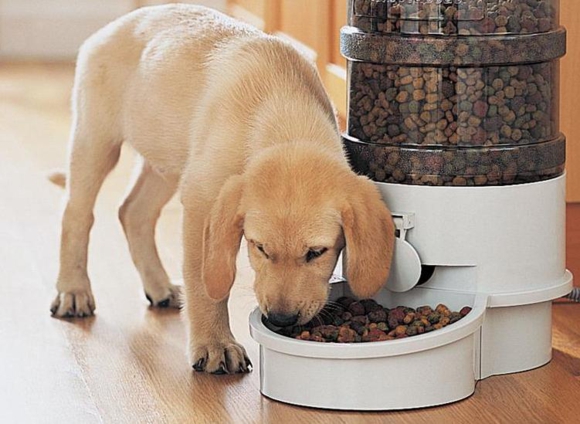
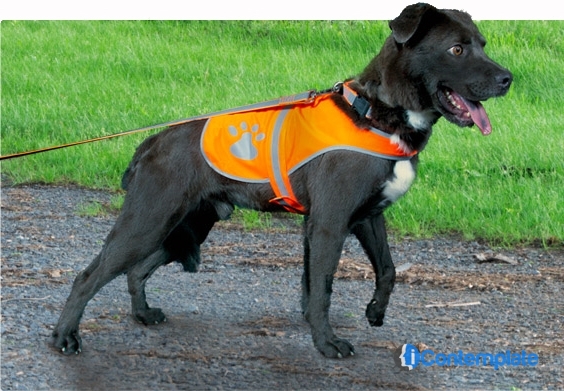
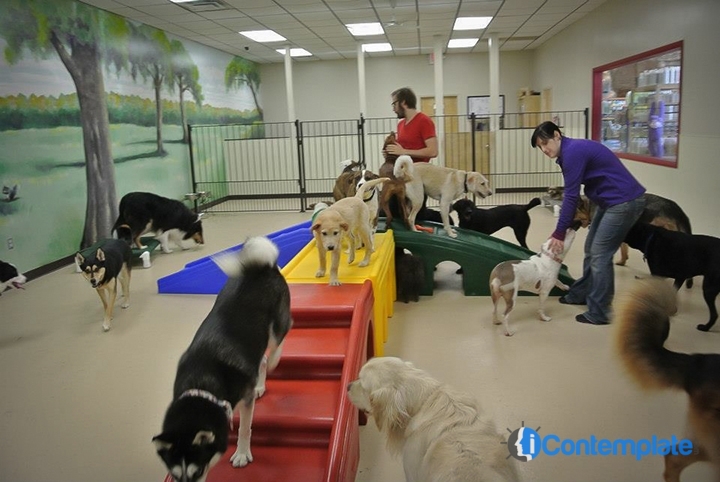
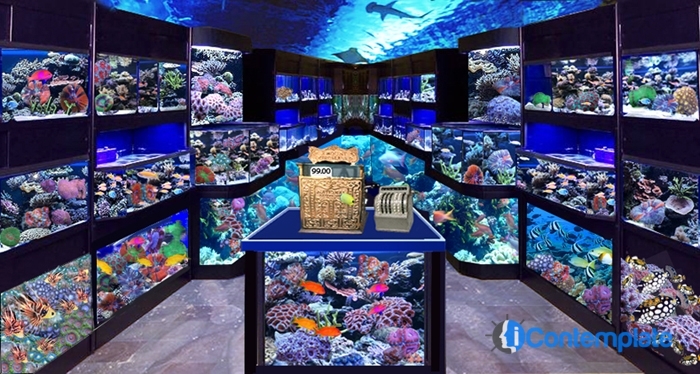
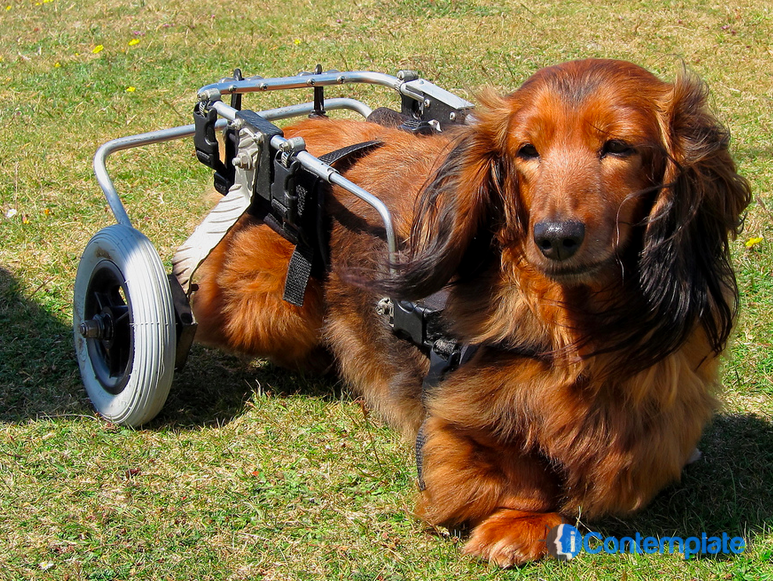
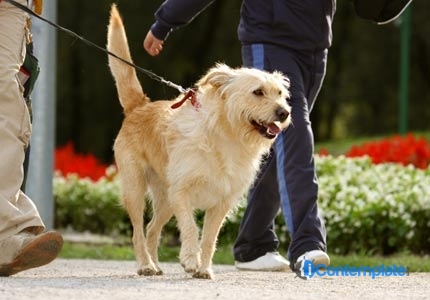
Many pet owners ask the question “Can I feed my pet table scraps?” They confuse a complete homemade dog food diet with table scraps. Although many holistic veterinarians generally favor table scraps they urge you to make sure they are nutritionally wholesome and they are plain. A dog’s digestive tract is geared for simpler food than we eat. can dog food